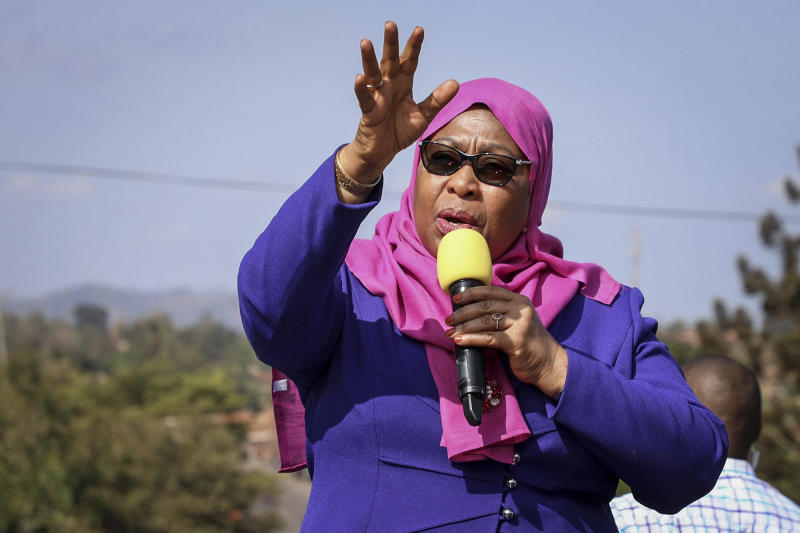×
The Standard e-Paper
Home To Bold Columnists

Barely three weeks since taking over the Tanzanian presidency on March 19, 2021, Samia Suluhu Hassan has virtually overturned whatever it was that John Pombe Magufuli stood for.
When in 2015 Magufuli picked Suluhu as vice-president, he showed confidence in himself and that his projected victory did not depend on who his running mate was.